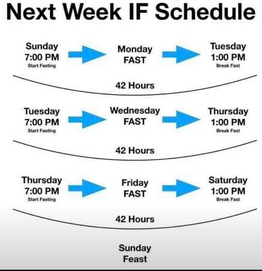Unfortunately, I can’t read books as I do not have the patience to sit and read streams of words, page after page - I often end up falling asleep too.
I am very aware of Jason Fung and have watched a lot of his YT videos. I know of Joel Fuhrman too and have his ANDI index.
I just don’t know what vegetable fat sources are available, beyond tahini and avocados and nuts & seeds, which i eat a plentiful amount of already.

